Prolonged power cut forces Gaza municipalities to drain sewage into sea
Municipalities in the besieged Gaza Strip have started pumping sewage into the sea due to prolonged power outages amid Israel’s continued blockade of the coastal enclave.
Palestine’s official Wafa news agency reported on Sunday that the closure of the Karam Abu Salem border crossing has disabled the local sewage treatment plants to function as usual, prompting municipalities to start dumping the sewage into the sea despite the pollution and natural hazards it will cause.
Karem Abu Salem is one of three main Gaza border crossings with Israel and Egypt, where most basic goods pass through daily, including much-needed fuel and gas.
Meanwhile, the Gaza Electricity Distribution Company (GEDCO) has said it is struggling with huge financial and physical difficulties getting fuel for the sole power plant in the besieged territory, due to the ongoing closure of the Israeli-controlled border crossing.
The GEDCO said as a result of insufficient fuel for the only functioning power plant in Gaza, it has been forced to reduce the average time of power supply to each household to a daily average of no more than four hours.
Palestinians living in Gaza are hit by regular blackouts as a result of fuel shortages with electricity being provided for less than 12 hours a day. Power supply deficit in the coastal enclave is over 75 percent, which could cripple all aspects of life there.
The power generating company further warned that the shortage of fuel will cause a severe shortage of electricity which would affect vital sectors in Gaza, including the health sector, hospitals, and sanitation sector.
The fact that some municipalities have been forced to drain wastewater without treatment into the open fields and into the sea, will pose an imminent threat to the lives of citizens and the marine environment, it added.
This comes as the company said earlier this week that Israeli authorities continue to obstruct the maintenance of electrical power transmission and distribution lines which supply the Gaza Strip.
It cautioned that such actions may lead to a complete collapse of Gaza’s health system and other vital facilities, such as clean water supplies as well as water and sewage infrastructure which has been massively destroyed by recent Israeli airstrikes.
The GEDCO added that Gaza suffers from a severe shortage of maintenance equipment, pointing out that this is affecting the company's work to repair and replace electricity networks damaged during the Israeli offensive across the coastal silver.
The company further held the Tel Aviv regime responsible for the lives of thousands of civilians and the collapse of the health system and the wastewater sector in Gaza.
Israel began a war on Gaza on May 10 which lasted until May 21, when the occupying regime announced a unilateral ceasefire which was accepted, through Egyptian mediation, by the Palestinian resistance groups in the besieged territory.
The occupying regime started the escalation against the coastal sliver after Gazans rose up in protest against its serious violations in the nearby Tel Aviv-occupied territory of the West Bank, especially the holy city of al-Quds.
Throughout the 12-day asymmetrical encounter, Israeli airstrikes killed at least 254 Palestinians, including 66 children, wounded almost 2,000, and displaced over 72,000 people in the besieged enclave. On the other side, Palestinian rocket attacks killed 12 people in the occupied territories.
Israel's military campaign also brought widespread devastation, damaged infrastructure and leveled buildings in Gaza.
The only power station in Gaza has temporarily shut down a number of times in recent years over energy shortages. It was hit by Israel in the previous wars.
The dire power shortage continues to worsen the humanitarian situation in Gaza which has suffered from years of blockade imposed by Israel.
The Israeli siege has, since June 2007, caused a decline in the standard of living as well as unprecedented levels of unemployment and unrelenting poverty.
Netanyahu skipped Davos amid arrest fears: Reports
VIDEO | Press TV's news headlines
More Europeans see Trump as 'enemy' than 'friend': Survey
Ukraine war talks begin in UAE as Russia repeats Donbas demand
Iran slams UNHRC session as illegitimate, says no submission to foreign pressure
Six-month-old boy freezes to death in Gaza amid Israel's inhumane blockade
VIDEO | Protestors in South Africa slam US interference in other countries’ affairs
Israel runs smear campaign against Doctors Without Borders: Report


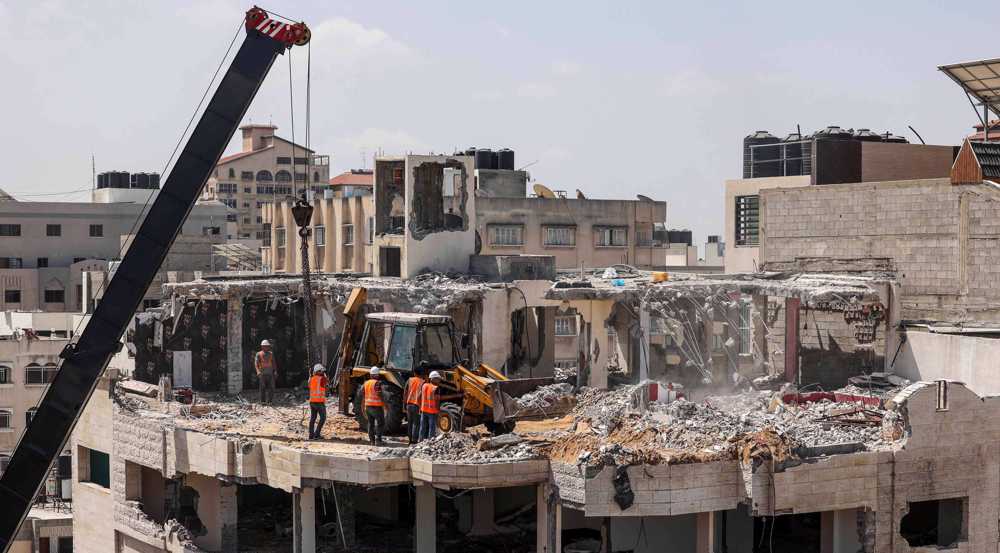


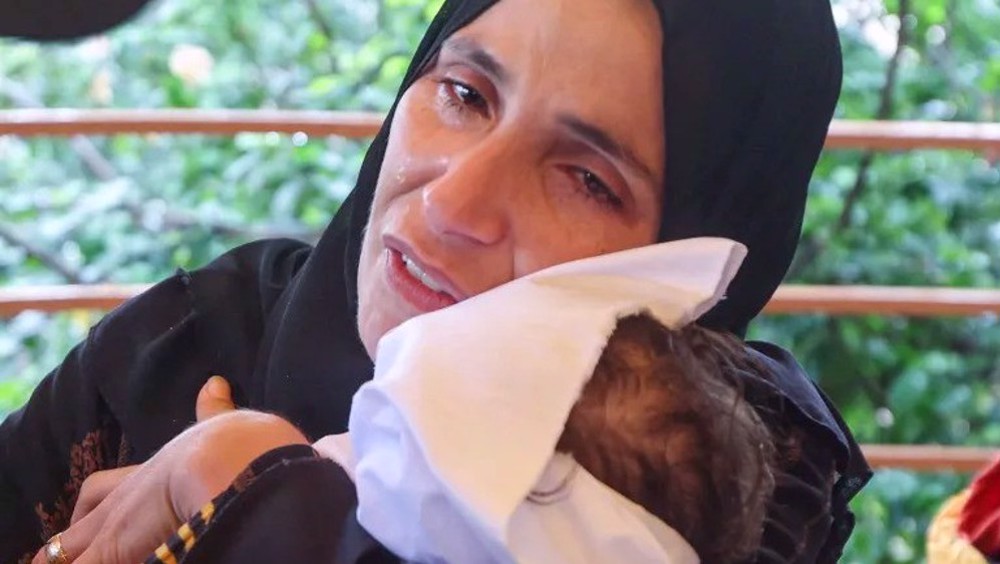
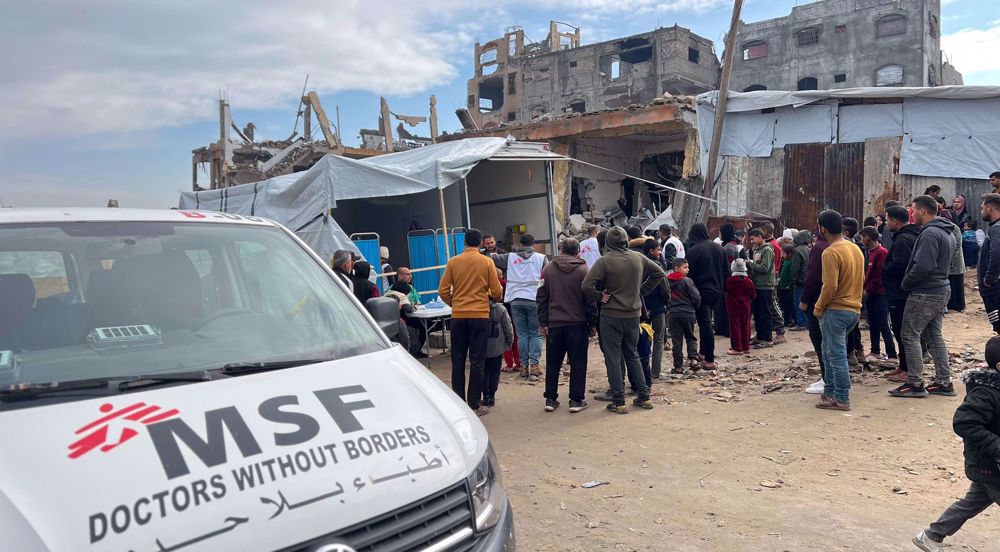




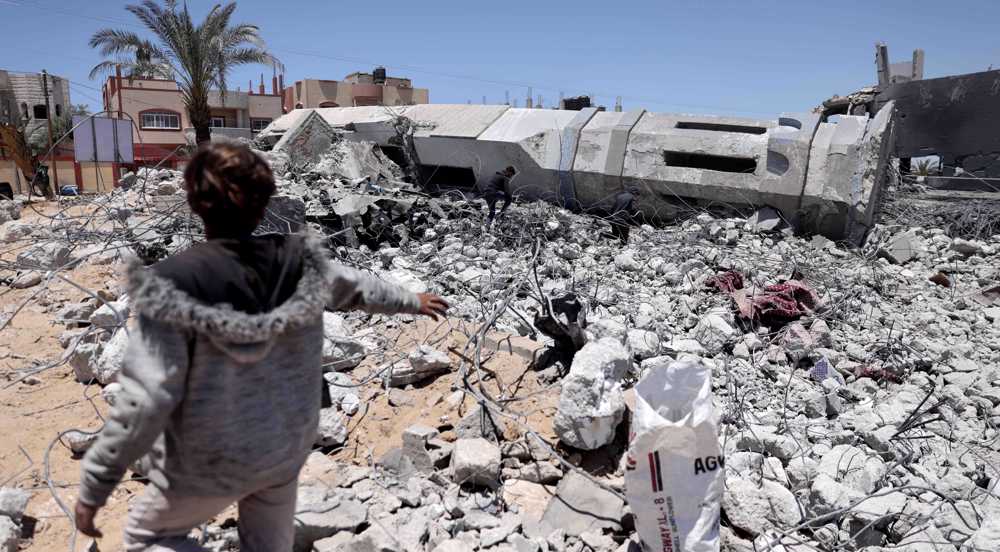
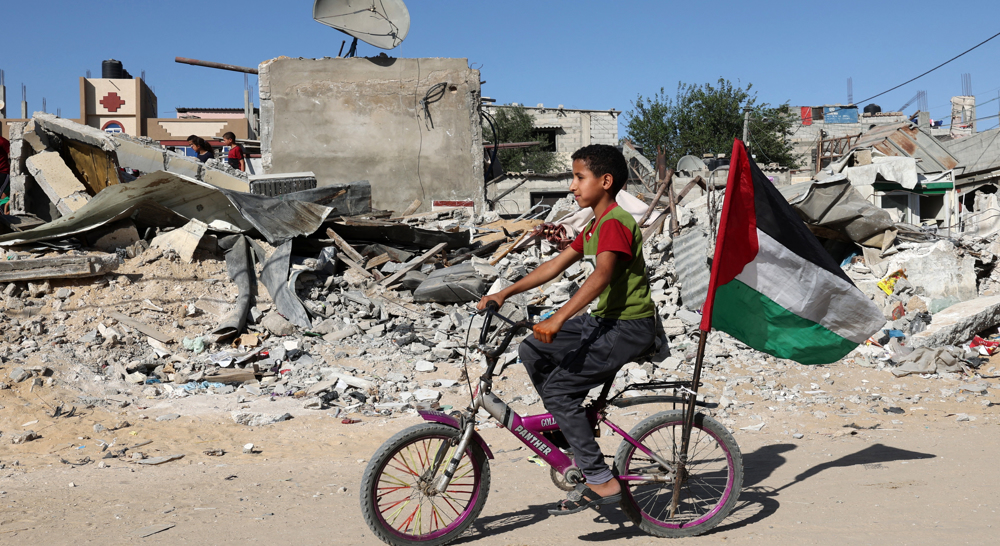
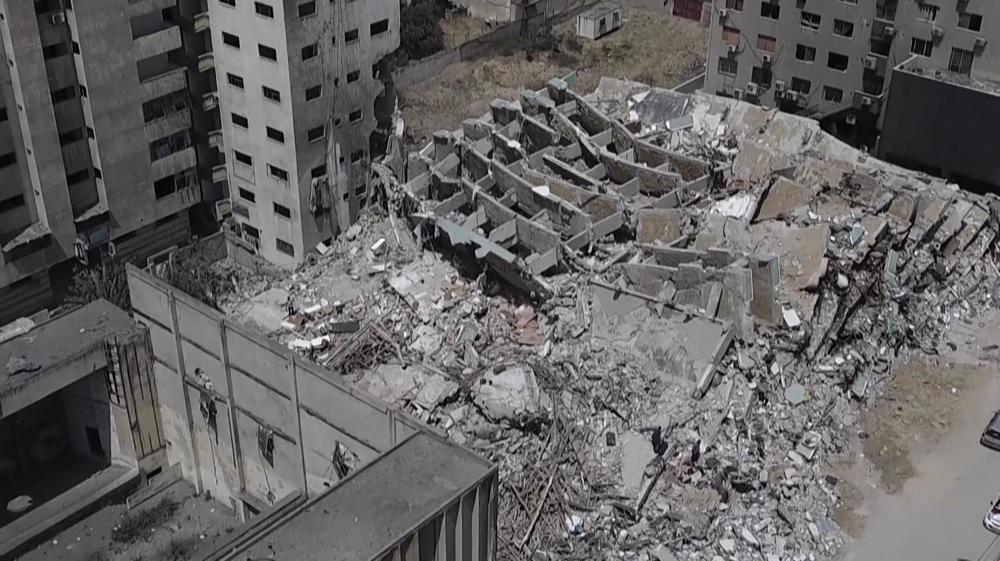
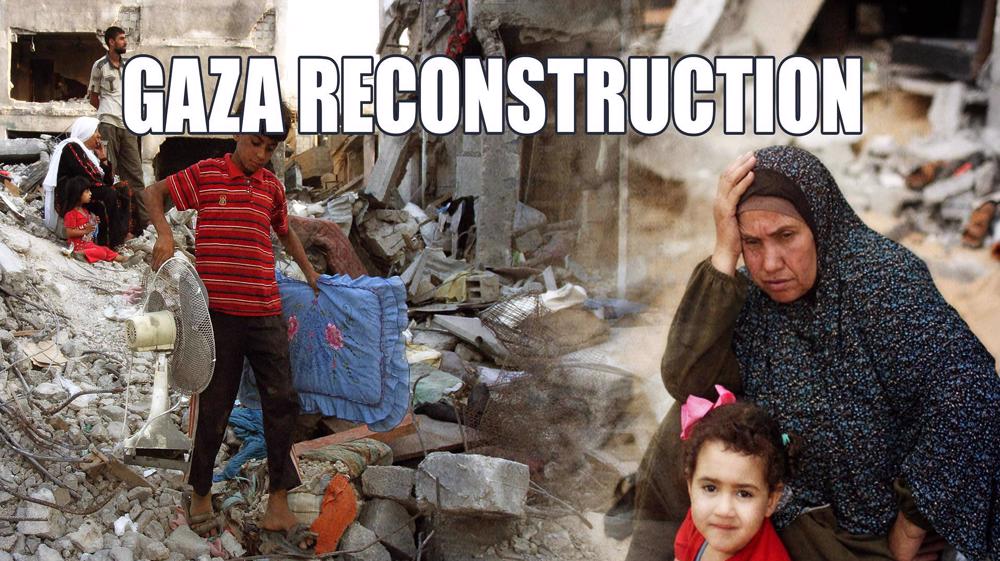
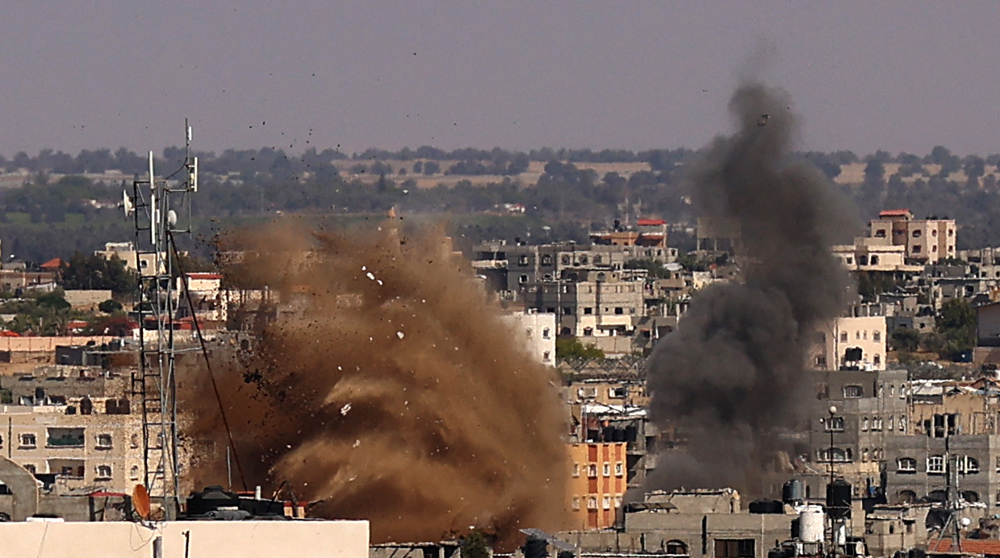

 This makes it easy to access the Press TV website
This makes it easy to access the Press TV website